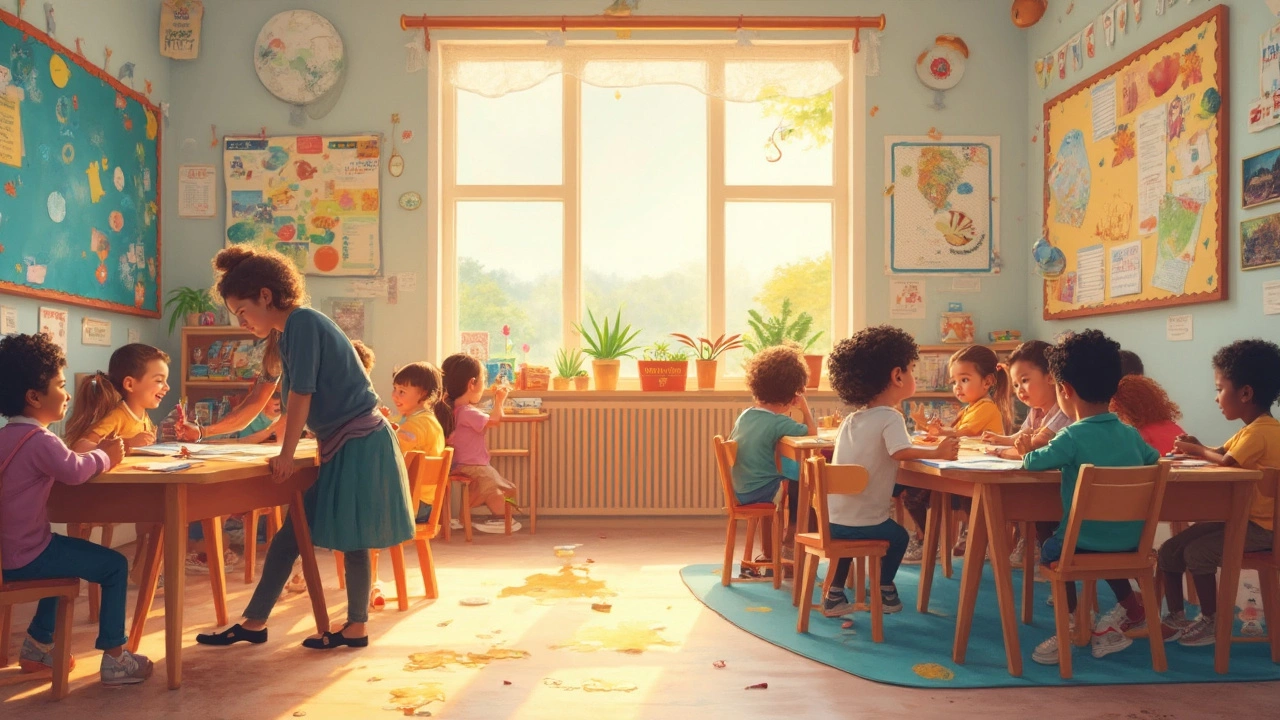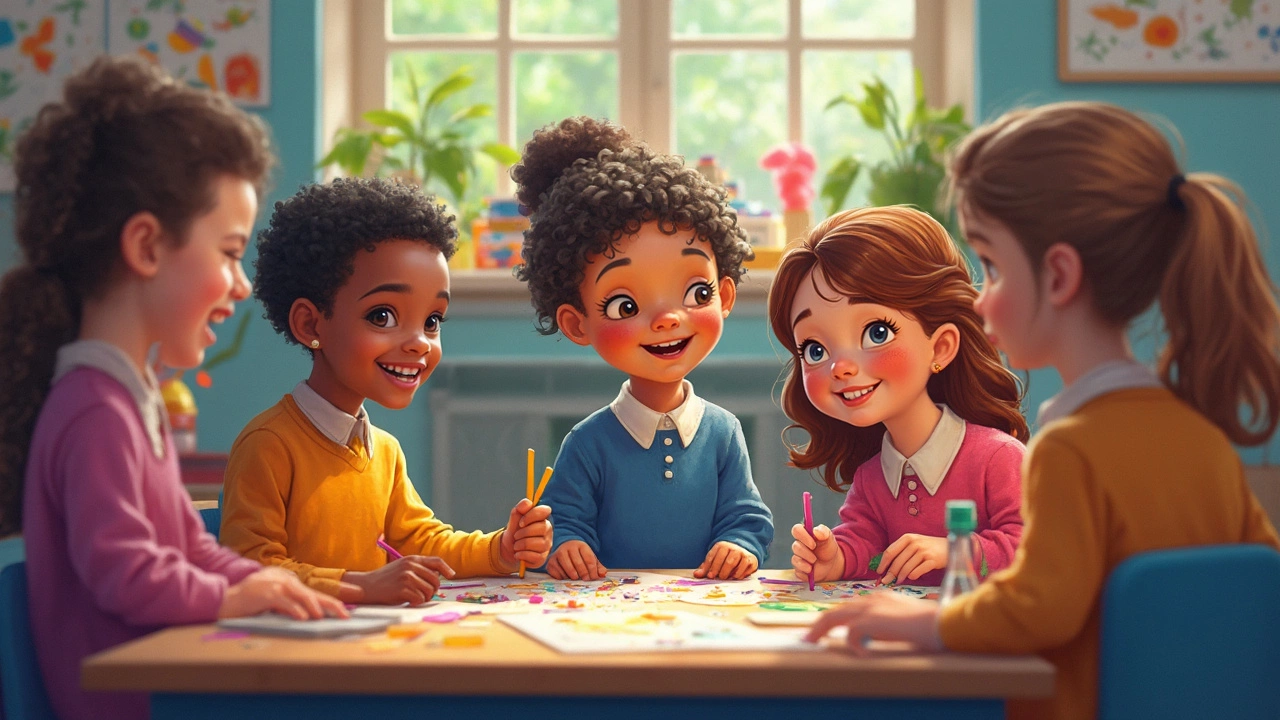Special Education at Nottingham Nursery School
Thinking about how your child with special needs can thrive in a preschool? You’re not alone. At Nottingham Nursery School we believe every little learner deserves a safe, engaging space where they can explore, play, and grow at their own pace. Our approach to special education blends caring staff, flexible routines, and hands‑on activities that match each child’s strengths.
Why Early Inclusion Matters
Research shows that the earlier children experience inclusive settings, the better they do socially and academically. When kids of different abilities learn side by side, they pick up communication skills, empathy, and confidence naturally. For families, seeing their child interact with peers reduces anxiety and builds a sense of belonging that lasts into later schooling.
At our nursery, we focus on creating routines that are predictable yet adaptable. A clear daily schedule helps children know what’s coming next, while built‑in flexibility lets us adjust activities for sensory needs or short attention spans. Simple things like visual timetables, calm‑down corners, and gently guided transitions make a big difference.
Practical Ways We Support Special Needs
1. Individual Learning Plans – We start with a quick chat, gather input from parents and any therapists, then design a plan that highlights your child’s goals. The plan is a living document; we tweak it as we see progress.
2. Specialist Staff – Our teachers hold qualifications in early childhood special education, and we have a part‑time speech and language therapist who drops in twice a week. This means targeted support without sending your child away from the classroom.
3. Adapted Materials – From textured blocks for tactile explorers to picture cards for non‑verbal communicators, we keep a toolbox of resources ready. If your child prefers quieter activities, we have a sensory tent and soft lighting options.
4. Parent Collaboration – We schedule regular check‑ins and share observations. If you have strategies that work at home, we’ll incorporate them. Likewise, we’ll suggest simple games you can try after school to reinforce learning.
5. Social‑Play Opportunities – Small‑group circles encourage turn‑taking and language practice. Our staff model friendly interactions and step in only when needed, letting kids try on their own social skills.
Every child is unique, so there’s no one‑size‑fits‑all answer. What matters is a partnership between parents, teachers, and any specialists involved. When that team works together, children gain independence, joy, and a love for learning that keeps them motivated.
If you’re curious about how our special education program fits your family’s needs, give us a call or drop by for a tour. We’ll walk you through the classroom, show you our resources, and answer any questions you have. Early childhood is the perfect time to lay a solid foundation – let us help your child start strong.
Special Needs Kids: What Really Happens When They Grow Up?
This article digs into what life looks like for special needs kids once they turn 18. It explains the big changes in support, legal rights, work, and independent living options. You'll find practical tips for parents on planning ahead and getting through red tape. The challenges aren't sugar-coated, but there are bright spots and success stories too. If you know or love someone with special needs, this is a must-read for tackling adulthood confidently.
Can a Child Grow Out of Special Ed? Answers You Won’t Find in the Brochures
Parents often wonder if their child will always need special education or if it’s possible to move into a regular classroom. This article unpacks how some kids do leave special ed while others continue to need support, and what’s actually influencing that journey. It covers what goes on behind the decision-making, common turning points, and stories from real families. You’ll also find tips for helping your child thrive, no matter where they are on their path.
Understanding Awareness in Special Education
Children in special education often perceive their differences through their environment, impacting their self-awareness. This article explores whether special ed kids know they are special, the factors influencing their awareness, and how educators and parents can support them. Discover strategies that foster positive self-identity and inclusion. The goal is to ensure that these children feel confident and understood.


